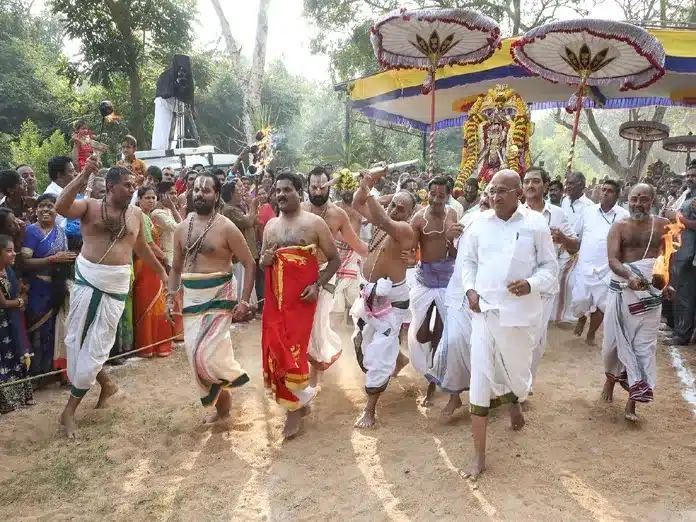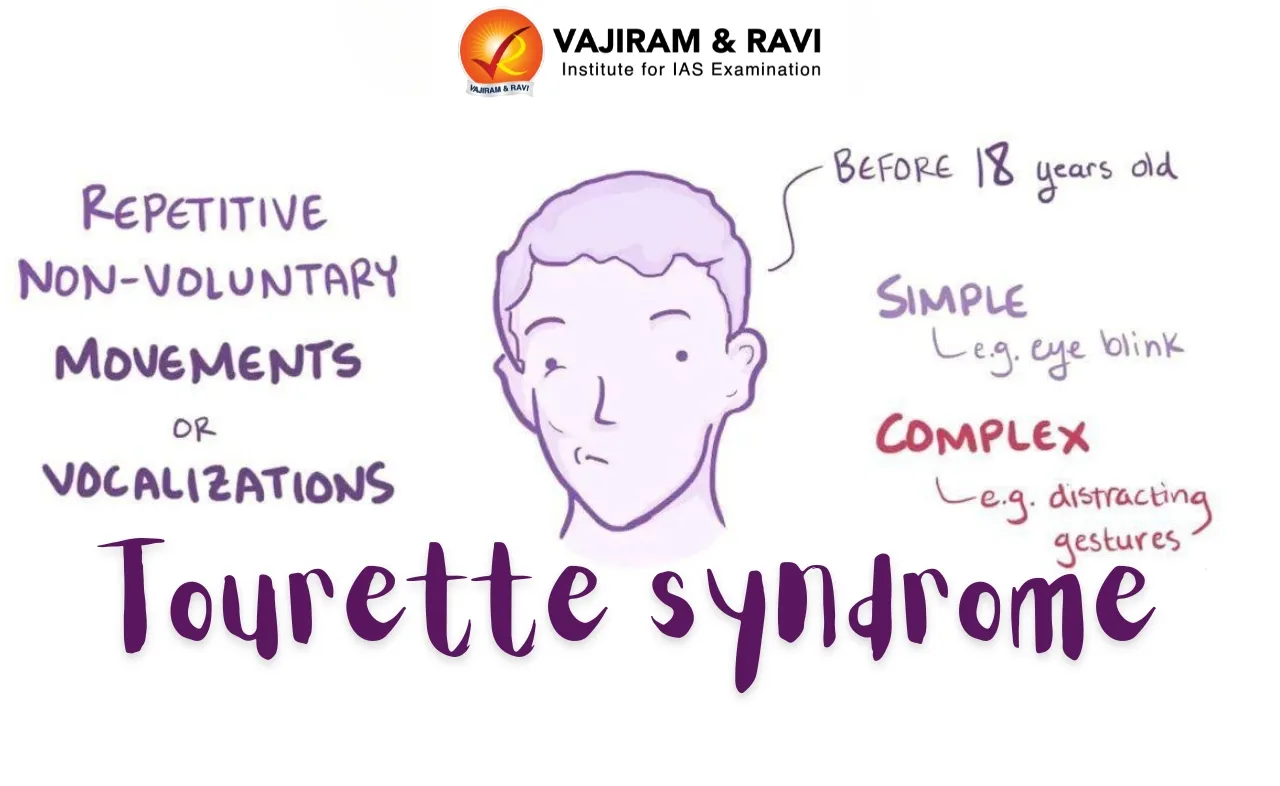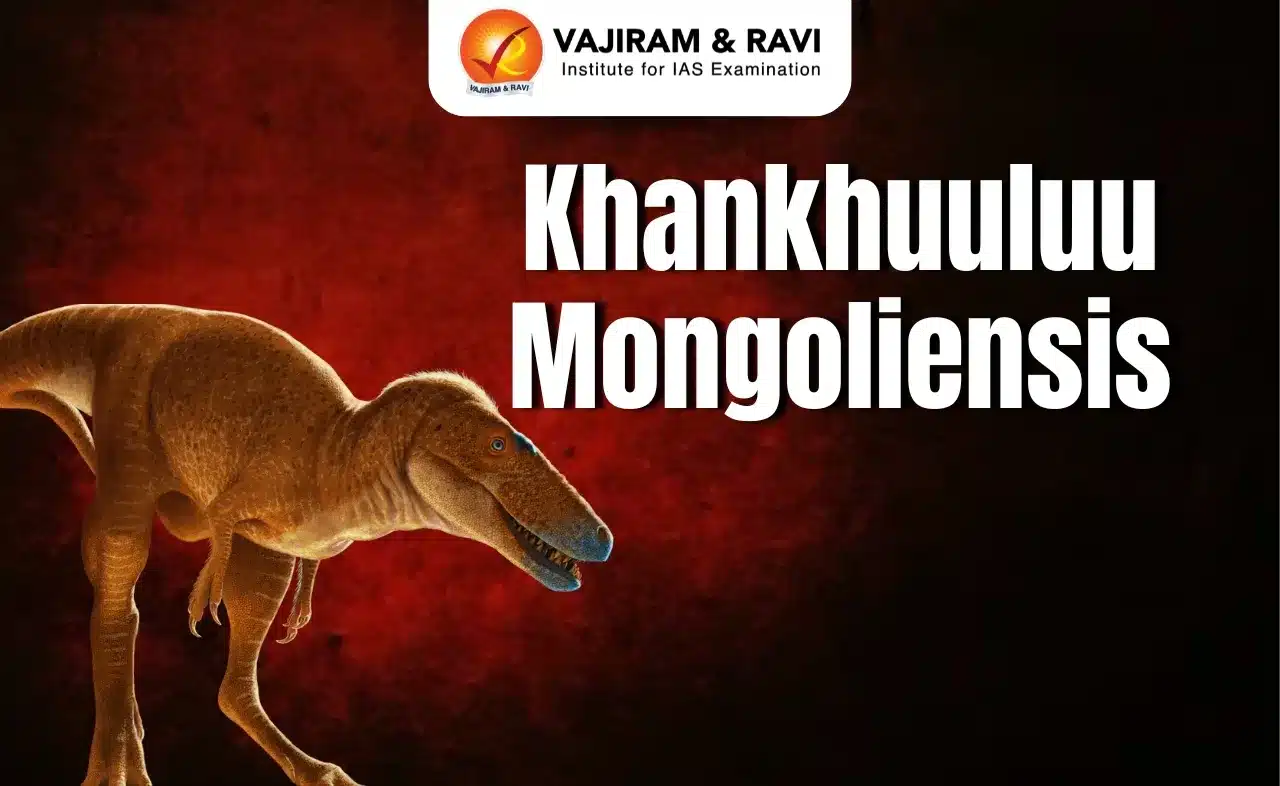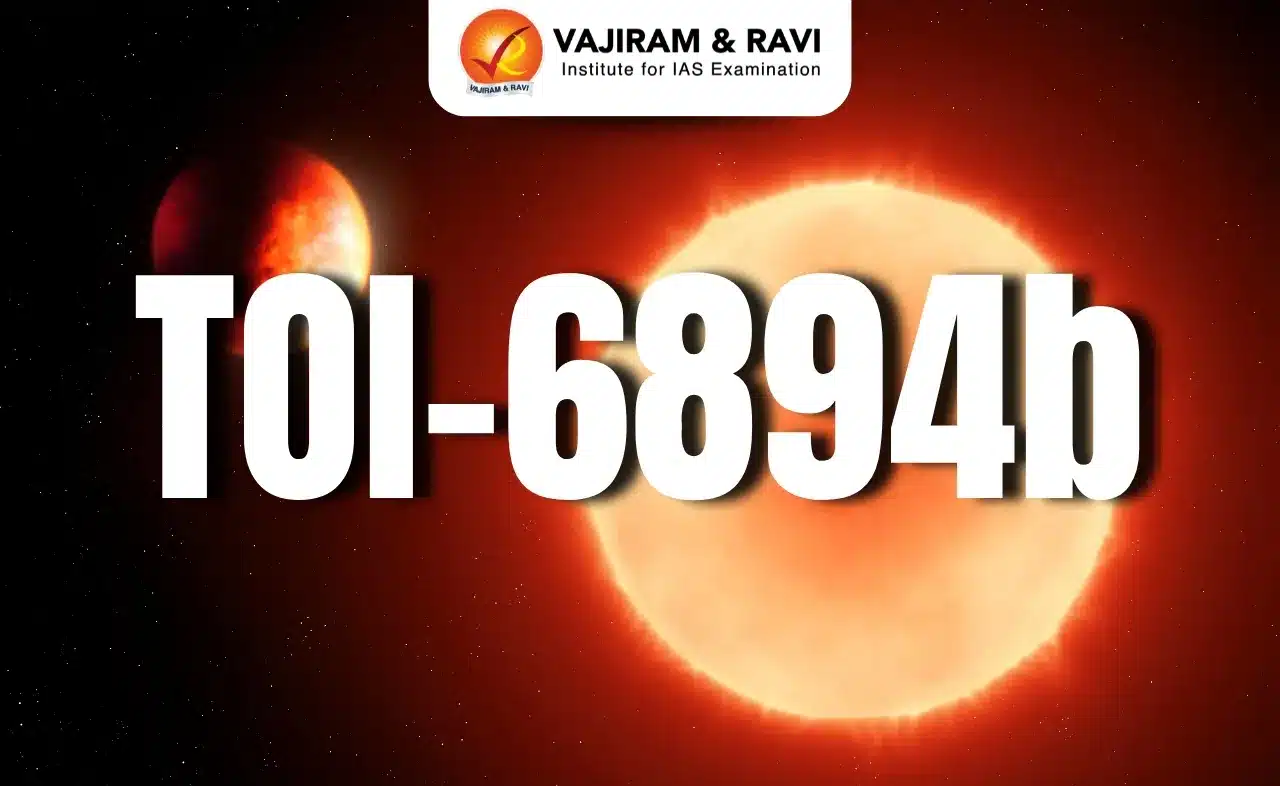About Paruveta Festival
- The festival, also known as the ‘mock hunting festival’, is celebrated at the Sri Narasimha Swamy temple in the town of Ahobilam, Andhra Pradesh.
- It is celebrated by all sections of people, irrespective of their caste.
- It is a festival of communal hormony, as devotees from other religious communities like muslims also offer prayers to the Lord.
- Origin:
- According to folklore, Lord Vishnu, upon his incarnation as a man-lion (Narasimha) in Ahobilam, married Maha Lakshmi, born as a tribal girl Chenchulakshmi.
- The Kurnool District Gazetteers, published by Government Press in 1881, record several beliefs of the Chenchu tribes, including their reverence for Ahobila Narasimha as their brother-in-law and inviting him home for Makara Sankranti.
- While Paruveta rituals are commonly observed in many temples during Vijayadasami or Sankranti, at Ahobilam, it is conducted for a ‘mandala’ (forty days).
- Activities:
- During the festival, the deity from the temple’s inner sanctum is taken to the 32 Chenchu tribal villages surrounding Ahobilam town for a duration of 40 days.
- The spiritual sojourn starts with the tribals aiming their bow and shooting two arrows at the palanquin, not only as a mark of reverence but also to show that the deity is under their protective cover.
- Chenchus take ‘Narasimha Deeksha’ by wearing yellow robes and ‘Tulasi Mala’ and observe celibacy during this period.
- The temple staff stay in these hamlets for the entire period, indicating the presence of a casteless society in the past with no hint of untouchability.
Key Facts about Chenchu Tribes
- They live in the hills of southern India, primarily in the state of Andhra Pradesh.
- Other Chenchu communities can be found in the states of Tamil Nadu, Karnataka, and Orissa.
- Their native language (also called Chenchu) belongs to the Dravidian language family. Many also speak Telugu, the language of their Hindu neighbors.
- Many Chenchu have been forced out of their traditional wandering, food-gathering lives by the growing number of peasant farmers. They now work as farmers or forest laborers.
- They live in hive-shaped houses made of wattle thatch (poles intertwined with twigs, reeds, or branches).
- Chenchu society consists of clans (extended family units), local groups, and families.
- They are exogamous, which means that they do not allow marriage within the same clan.
- They are also patrilineal, tracing the line of descent through the males.
- Due to increasing exposure to the plains peoples, the Chenchu have adopted the Hindu deities of the neighboring Telugu tribe.
Q1) What is the Indian National Trust for Art and Cultural Heritage (INTACH)?
INTACH is an autonomous non-governmental Indian non-profit society that seeks to preserve Indian culture and heritage. It was founded in 1984 with the vision to spearhead heritage awareness and conservation in India.
Source: Will ‘Paruveta Festival’ celebrated in Andhra’s Ahobilam get UNESCO recognition?
Last updated on June, 2025
→ UPSC Notification 2025 was released on 22nd January 2025.
→ UPSC Prelims Result 2025 is out now for the CSE held on 25 May 2025.
→ UPSC Prelims Question Paper 2025 and Unofficial Prelims Answer Key 2025 are available now.
→ UPSC Calendar 2026 is released on 15th May, 2025.
→ The UPSC Vacancy 2025 were released 1129, out of which 979 were for UPSC CSE and remaining 150 are for UPSC IFoS.
→ UPSC Mains 2025 will be conducted on 22nd August 2025.
→ UPSC Prelims 2026 will be conducted on 24th May, 2026 & UPSC Mains 2026 will be conducted on 21st August 2026.
→ The UPSC Selection Process is of 3 stages-Prelims, Mains and Interview.
→ UPSC Result 2024 is released with latest UPSC Marksheet 2024. Check Now!
→ UPSC Toppers List 2024 is released now. Shakti Dubey is UPSC AIR 1 2024 Topper.
→ Also check Best IAS Coaching in Delhi






















